What is the High-Density Lipoprotein (HDL) Cholesterol Blood Test?
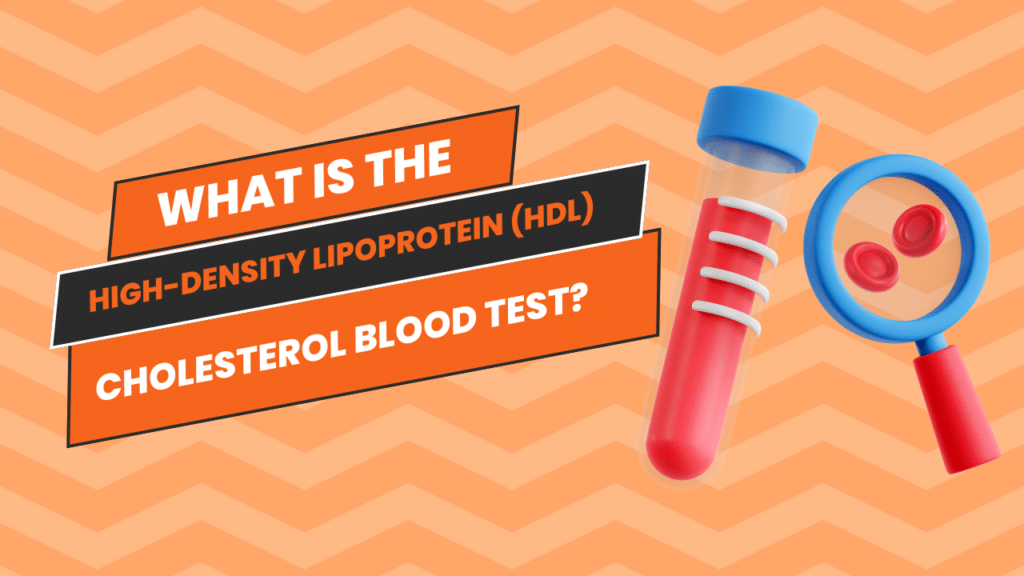
The HDL cholesterol blood test measures “good” cholesterol levels, helping assess heart disease risk. Learn what your results mean and how to improve your heart health.
How Long to Fast Before Cholesterol Blood Test: Everything You Need to Know
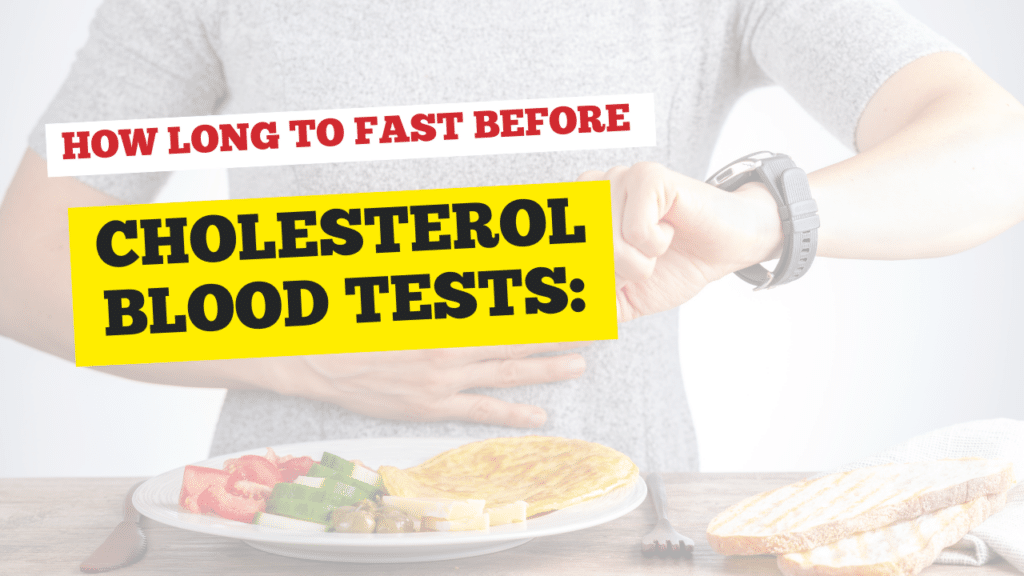
When it comes to getting your cholesterol checked, there’s a bit of prep involved—mainly, making sure you’re on an empty stomach. Docs say fasting for 8 to 12 hours before they take your blood sample gives them the clearest picture of what’s going on with your cholesterol levels, without any snacks or drinks muddying the […]
Fasting Before Blood Tests: Importance, Necessity, and Consequences

Fasting before certain blood tests is crucial for accurate results and proper diagnosis. Adhering to fasting guidelines and healthcare provider recommendations ensures optimal health outcomes for patients.
Your Heart’s Vital Signs: What the LIPID BLOOD TEST PANEL PLUS HEMOGLOBIN (HB) A1C Can Tell You
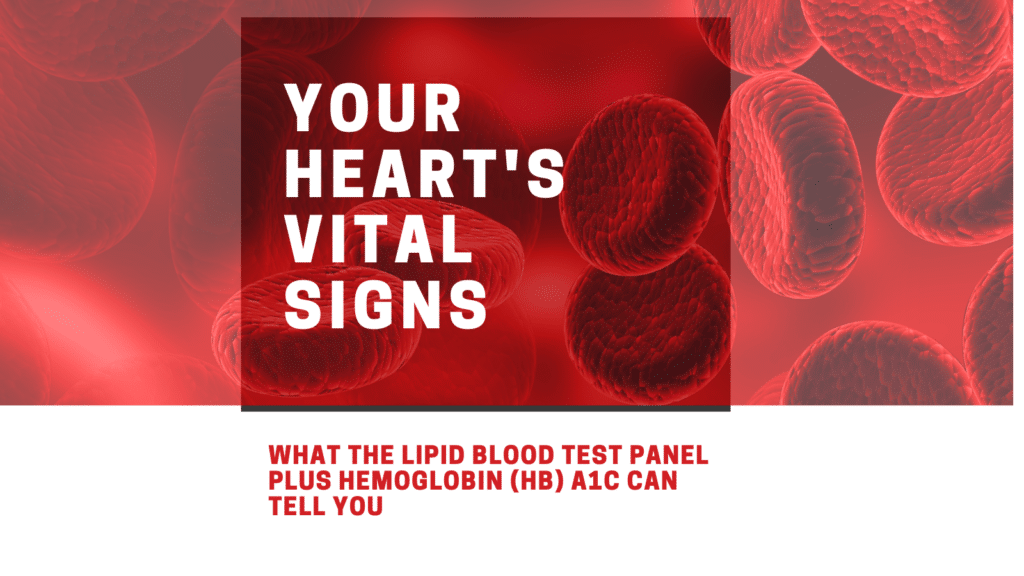
Cardiovascular disease is a leading cause of death globally, making it crucial to assess and prevent it. Blood tests play a significant role in determining the risk of cardiovascular disease, as well as providing valuable information about the general health of the heart. A blood test, such as the LIPID BLOOD TEST PANEL PLUS HEMOGLOBIN (HB) A1C, can evaluate various indicators of cardiovascular health, including cholesterol, glucose, and hemoglobin levels. A blood sample is taken for laboratory analysis, and the results can be used by a doctor to determine the likelihood of developing heart disease and provide advice on lifestyle changes or medication.
It’s essential to prepare properly for a LIPID BLOOD TEST PANEL PLUS HEMOGLOBIN (HB) A1C blood test to obtain reliable results. It’s important to inform your doctor of any vitamins or medicines you’re taking, as some drugs can negatively affect the lipid profile. Fasting for 8-12 hours before the test is also recommended, as recent meals can impact the levels of glucose and cholesterol being examined. Staying hydrated and following your doctor’s instructions are also crucial for accurate results.
The LIPID BLOOD TEST PANEL PLUS HEMOGLOBIN (HB) A1C blood test measures various indicators of cardiovascular health, including high LDL cholesterol, LDL, HDL, triglycerides, blood sugar levels, and levels of hemoglobin A1C. The results of this blood test can help a doctor assess your risk of heart disease and establish a plan for reducing it, such as dietary modifications, exercise, or medication. It’s important to work closely with your doctor and follow their preparation instructions to ensure the accuracy of the test results.
What’s the Deal with CMP Tests? The Lowdown on testing for Liver, Kidney & Body Health

The Comprehensive Metabolic Panel (CMP) is a blood test that provides a snapshot of the chemical composition of a person’s body. The test checks the levels of glucose, electrolytes, proteins, and the function of the liver and kidneys. It is often ordered by a doctor to diagnose illness, monitor health over time, or prior to taking new medications. The CMP requires a fast of eight to twelve hours before the test, and a sample of the patient’s blood is collected by a healthcare professional and sent to a laboratory for analysis. The procedure of collecting the blood sample is quick and simple, with a needle inserted into the patient’s arm to collect a small blood sample in a test tube. The process usually takes less than five minutes and is not painful.
10 Foods That Raise Your Cholesterol
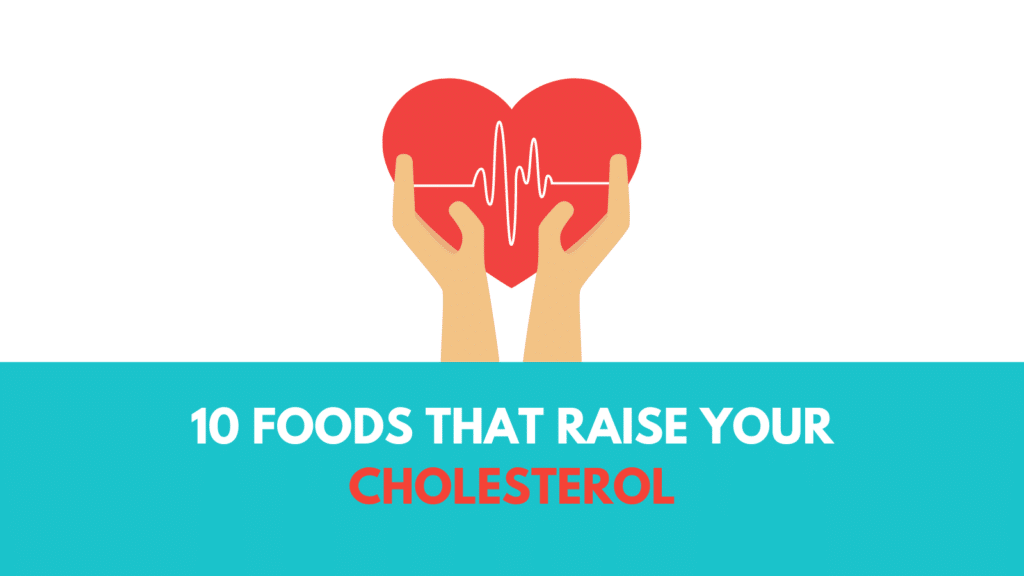
Cholesterol is a vital steroid lipid circulating in the blood. It keeps the cell membranes functional and acts as a source of vitamin D. High-density lipoprotein and low-density lipoprotein are the primary forms of cholesterol. HDL cholesterol is thought to be “good” because it moves cholesterol from your blood to your liver, where it can […]
How To Read Your Lipid Panel Results

Most people don’t think about their cholesterol levels until a doctor orders a lipid panel for them. There are no symptoms of having high cholesterol. That’s how you can go from living your life normally one day and having your whole world turned upside down the next. If your lipid panel results come back high, what […]
Cholesterol Quiz

Unlike our other quizzes, there’s so much information out there about cholesterol. This quiz should probably be easy-peasy. We expect to hear about a lot of perfect scores out there. Let’s jump right in! Cholesterol Quiz 1. In 2014, 73.5 million people have high cholesterol. What percentage of those people are getting treatment to lower […]
How To Read Your Wellness Blood Test Results
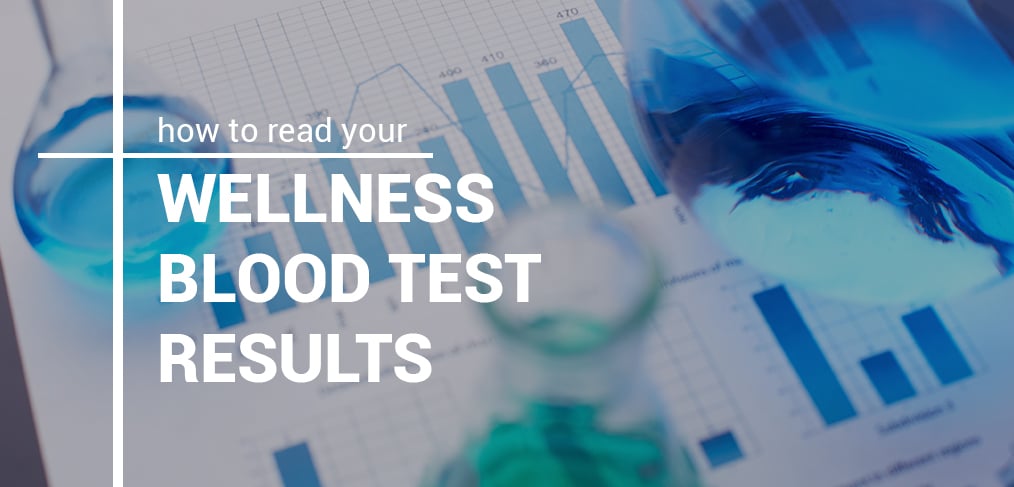
A wellness panel takes a look at your overall health and helps you evaluate your organs and systems like the thyroid, liver, kidneys and immunity. And because there is so much valuable information, it’s obviously important for you to understand how to read your blood test results. But you are probably asking yourself, what do […]
The Most Common Medical Tests for Heart Disease

The tests you’ll need to diagnose your heart disease depend on what condition your doctor thinks you might have. No matter what type of heart disease you have, your doctor will likely perform a physical exam and ask about your personal and family medical history before doing any other tests. Tests to diagnose heart disease […]